Turkish Language: A Useful Introduction for Visitors
Turkish is the official language of the Republic of Turkey and a fundamental pillar of its national identity. This language has a rich history dating back to the medieval period, when Turks from Central Asia began settling in Anatolia, then under the rule of the Byzantine Empire. Since then, Turkish has evolved significantly, influenced by various languages such as Arabic, Persian, and French, playing a key role in shaping modern Turkish culture.
Today, Turkish is also the official language of the Turkish Republic of Northern Cyprus and is spoken in several Balkan regions where communities preserve variations of the language. Additionally, thanks to the Turkish diaspora, Turkish is commonly heard in countries like Germany, Austria, and the Netherlands, home to large emigrant communities.
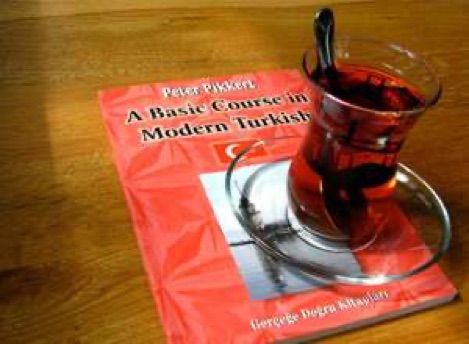
Characteristics of the Turkish Language
Turkish belongs to the Turkic language family and is known as an agglutinative language, meaning it uses suffixes and infixes to add meaning to root words. This characteristic allows complex ideas to be expressed concisely and structurally. For example, a single word in Turkish can include information about the subject, object, and tense without auxiliary words, making it a fascinating and efficient language.
Another notable feature of Turkish is its regular grammar. Unlike many Indo-European languages, Turkish has no grammatical gender, which simplifies learning for beginners. Additionally, the word order in sentences is typically subject-object-verb, which may feel intuitive to speakers of languages with similar structures.
The Turkish Alphabet
In 1928, as part of reforms led by President Mustafa Kemal Atatürk, Turkish adopted the Latin alphabet, replacing the old script based on Arabic characters. This change facilitated language learning, especially for new generations, and marked a milestone in Turkey’s modernization. The Turkish alphabet consists of 29 letters, including 8 vowels and 21 consonants. Some letters, such as “ç,” “ş,” “ı,” and “ğ,” are unique to Turkish and represent specific sounds.
Like Spanish, Turkish is written and read phonetically, meaning words are pronounced exactly as they are spelled. This makes it an accessible language for those interested in learning it, as there are no complicated pronunciation rules.
In urban and tourist areas of Turkey, it is common to find people who speak English, especially among the younger population. Additionally, in destinations frequented by Spanish-speaking tourists, such as Istanbul and the Turkish Riviera, some locals have basic knowledge of Spanish. However, learning a few words in Turkish will always be appreciated by locals and will enrich your experience.
Useful Words and Phrases
For visitors to Turkey, knowing some basic Turkish phrases can make a difference in interactions with locals. Below is a list of common expressions organized by category:
Greetings and Common Phrases
- Hello: Merhaba
- How are you?: Nasılsınız?
- Fine: İyiyim
- Thank you: Sağol or Teşekkür ederim
- Okay: Tamam or OK
- Excuse me: Pardon
- Yes: Evet
- No: Hayır
- Goodbye (if staying): Güle güle
- Goodbye (if leaving): Hoşçakalın
- Good morning: Günaydın
- Good afternoon: İyi günler
- Good evening: İyi akşamlar
In Case of Emergency
- Police: Polis
- Ambulance: Ambulans
- Stop!: Dur
- Help!: İmdat
- Hospital: Hastane
- Doctor: Doktor
Shopping
- Too expensive: Çok pahalı
- How much is this?: Bu ne kadar?
- Credit card: Kredi kartı
- Bargain: Pazarlık
Travel
- Airport: Havaalanı
- Port: Liman
- Bus station: Otogar
- Ticket: Bilet
- Schedule: Tarife
- Taxi: Taksi

Conclusion
The Turkish language is more than a means of communication; it is a reflection of Turkey’s rich history and culture. Learning a few basic words and phrases will not only make your stay easier but also allow you to immerse yourself in the local culture and create meaningful connections with the people you meet during your trip. Although many people in tourist areas speak English, an effort to communicate in Turkish will always be warmly appreciated.
Whether visiting Istanbul, Cappadocia, or the Turkish Riviera, mastering a few key phrases will enhance your experience and open doors to unique interactions. Don’t hesitate to practice and discover how fascinating this language can be!


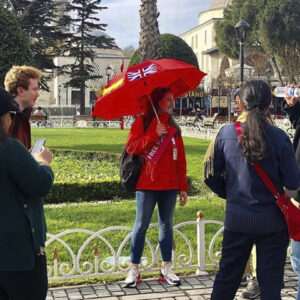






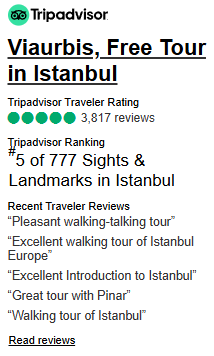
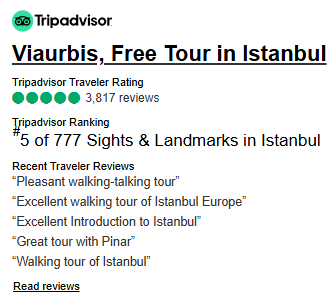


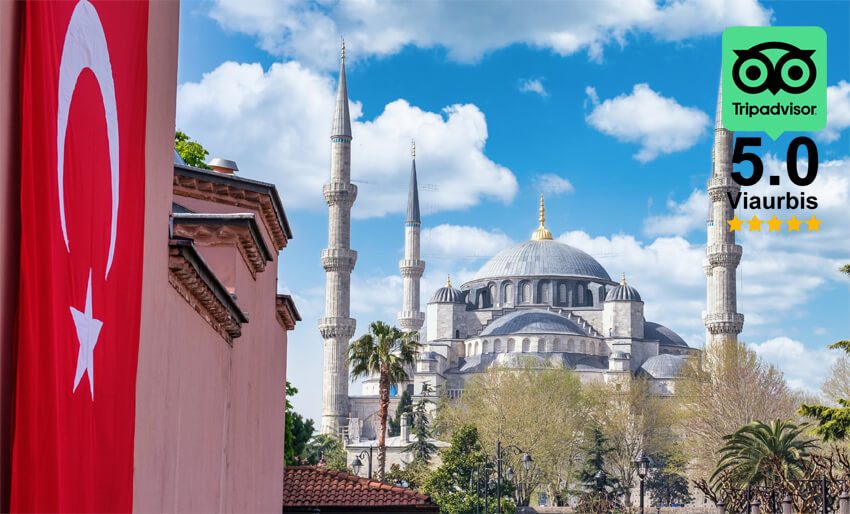
3 thoughts on “Turkish Language”
★★★★★
Learning about and visiting ‘Turkish Language’ was both fun and educational. Everyone should experience this!
★★★★★
Every moment spent at ‘Turkish Language’ was filled with wonder and learning. It’s a place I will always cherish.
★★★★★
Exploring ‘Turkish Language’ exceeded all my expectations. A perfect combination of culture, beauty, and knowledge.